Dr. Philip Shiu.
EON Systems.
Presentation and Q&A
At the Carboncopies Foundation February 2025 workshop:
The brain emulation challenge: functionalizing brain data, ground-truthing and the role of artificial data in advancing neuroscience.
Dr. Philip Shiu.
EON Systems.
Presentation and Q&A
At the Carboncopies Foundation February 2025 workshop:
The brain emulation challenge: functionalizing brain data, ground-truthing and the role of artificial data in advancing neuroscience.
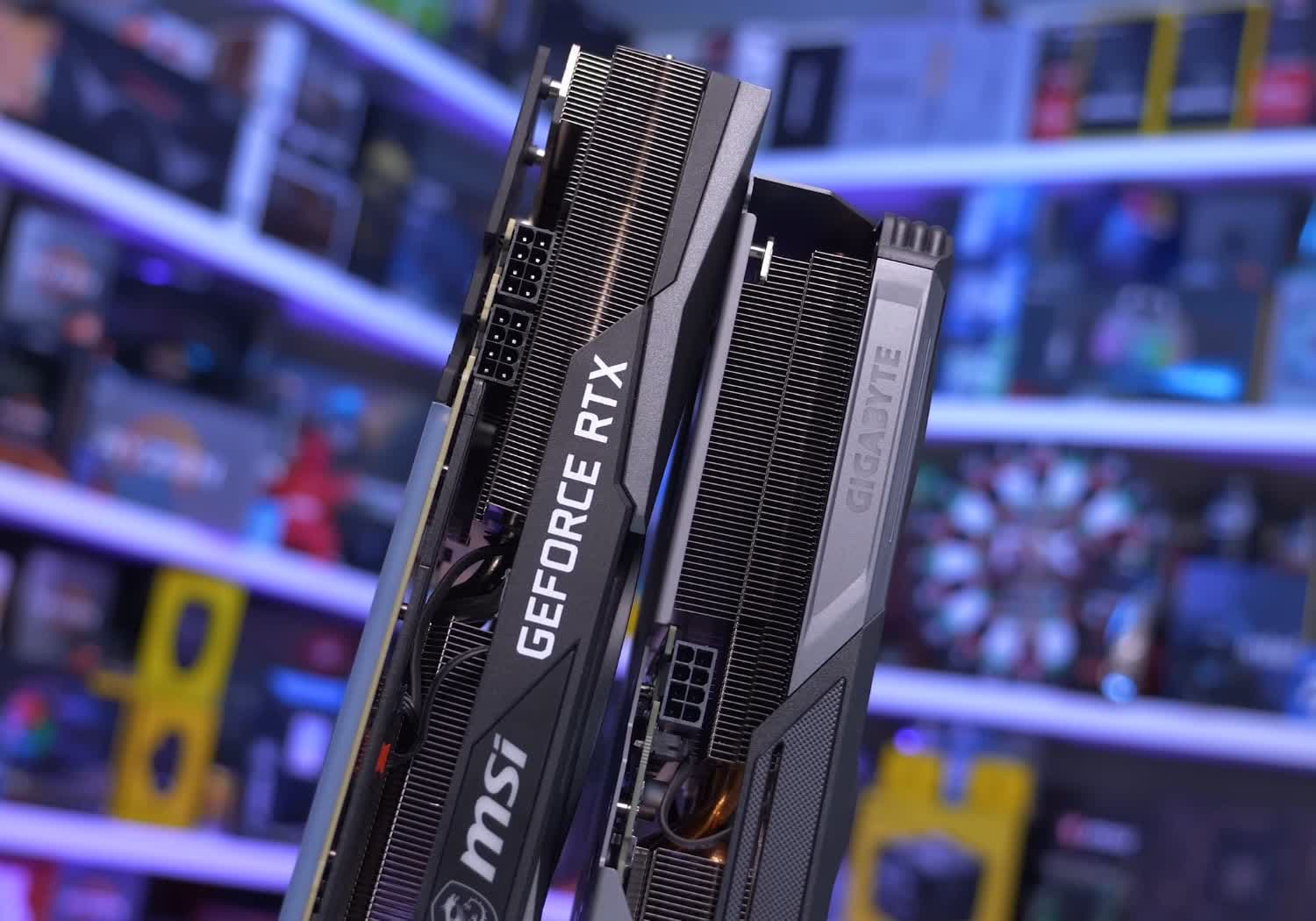

Google’s X company is working on the next generation of Taara, a silicon photonics technology designed to bring fast broadband speeds to some underdeveloped areas of the world. According to statements by Taara general manager Mahesh Krishnaswamy, this light-based solution could offer unprecedented connectivity opportunities in any part of the world – and beyond.
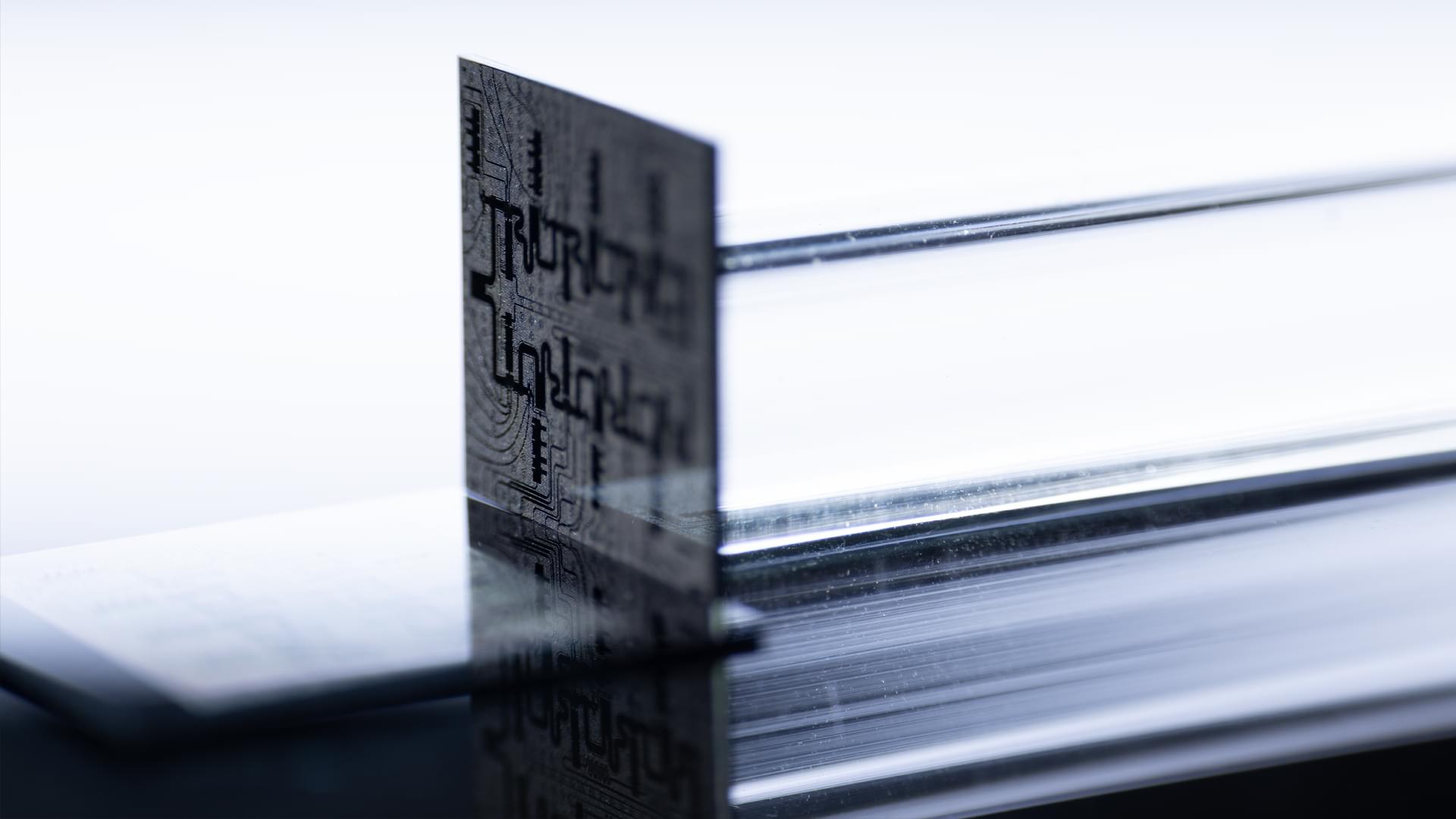
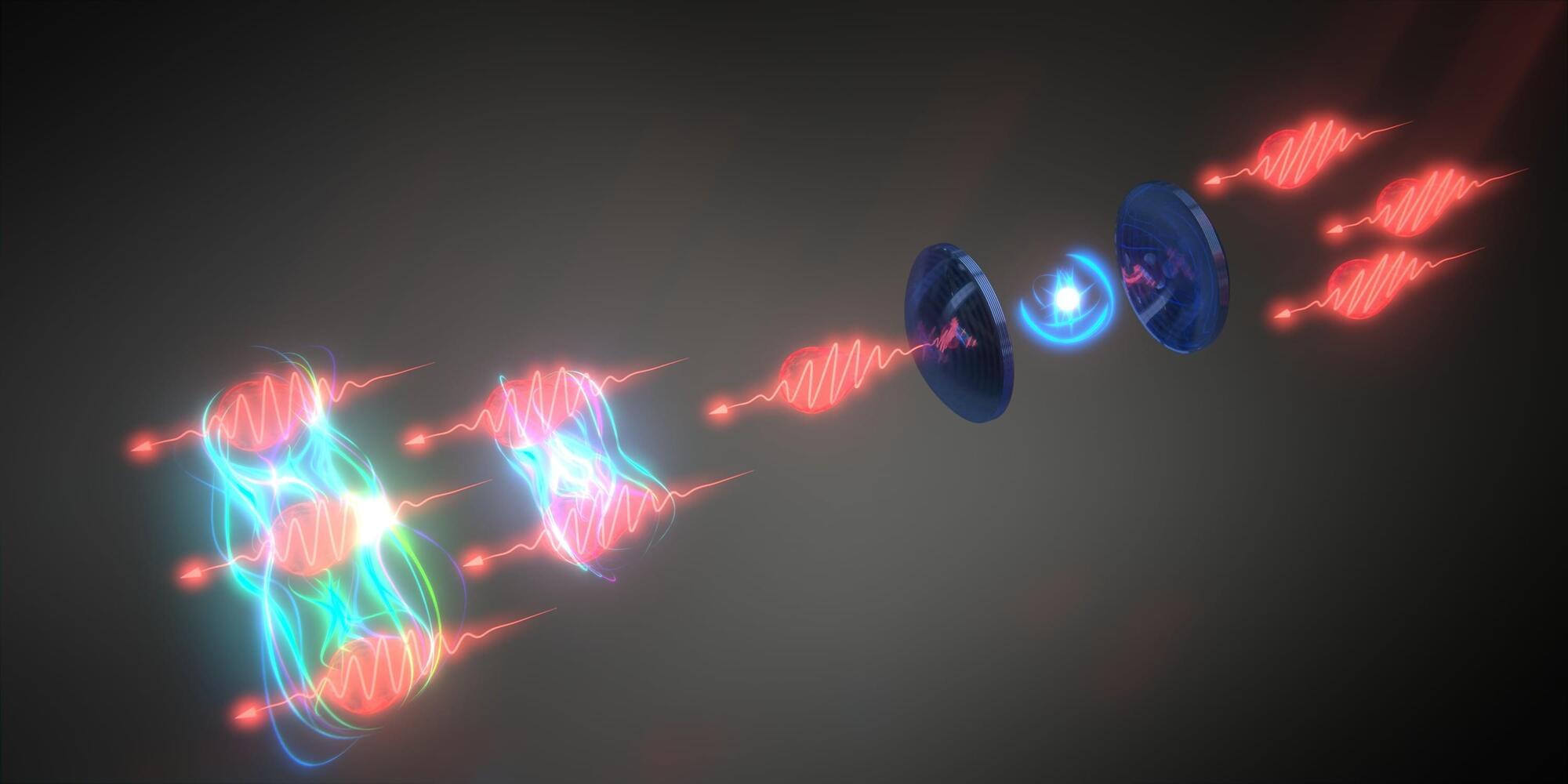
This quantum light manipulation breakthrough paves the way for unprecedented technologies.
Scientists from the University of Basel and the University of Sydney successfully manipulated and identified interacting packets of light energy, or photons, with unprecedented precision.
This breakthrough, published in Nature Physics, marks the first-ever observation of stimulated light emission at the single-photon level—a phenomenon first predicted by Albert Einstein in 1916.
By measuring the time delay between photon interactions, researchers demonstrated how photons could become entangled in a “two-photon bound state,” opening up new possibilities for quantum computing and enhanced measurement techniques.
This discovery has profound implications for photonic quantum computing and metrology, particularly in fields like biological microscopy, where high-intensity light can damage delicate samples. Dr. Sahand Mahmoodian, a leading researcher on the project, emphasized that harnessing quantum light could lead to more precise measurements with fewer photons. Meanwhile, tech companies like PsiQuantum and Xanadu are already exploring how this research could contribute to fault-tolerant quantum computing. As scientists refine their ability to manipulate quantum light, the door opens to a future of more powerful computing, ultra-sensitive sensors, and revolutionary advancements in technology.
Learn more.
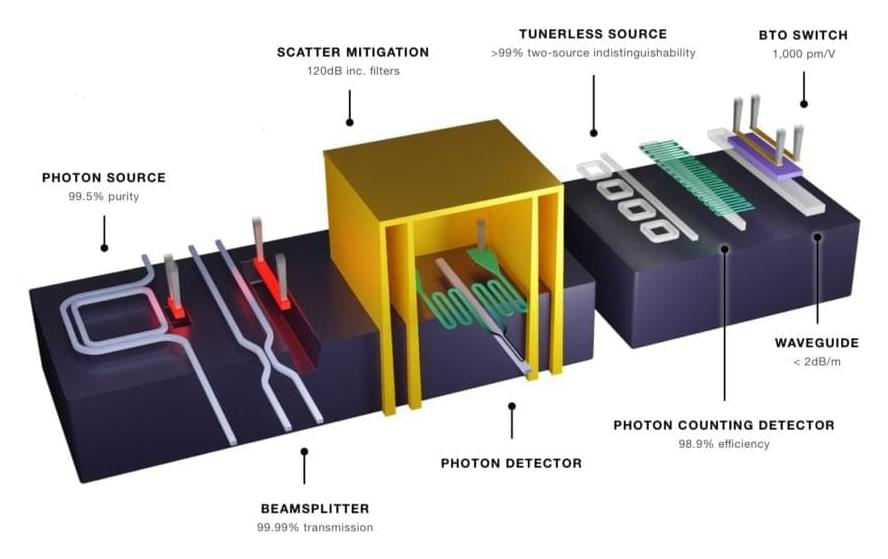
PsiQuantum has detailed the photonic quantum chips and cooling system it plans to use for a quantum computer with a million qubits.
The Omega quantum photonic chipset is purpose-built for utility-scale quantum computing and produced by Global Foundries in New York on 300mm wafer. The technology was detailed in a paper in Nature submitted last June and published this week.
This paper shows high-fidelity qubit operations, and a simple, long-range chip-to-chip qubit interconnect – a key enabler to scale that has remained challenging for other technologies.
Microsoft’s Majorana 1 quantum chip introduces a breakthrough Topological Core, enabling stable and scalable qubits.
By leveraging topoconductors, this innovation paves the way for million-qubit machines capable of solving complex scientific and industrial challenges. With DARPA
Formed in 1958 (as ARPA), the Defense Advanced Research Projects Agency (DARPA) is an agency of the United States Department of Defense responsible for the development of emerging technologies for use by the military. DARPA formulates and executes research and development projects to expand the frontiers of technology and science, often beyond immediate U.S. military requirements, by collaborating with academic, industry, and government partners.

Researchers have developed a battery capable of converting nuclear energy into electricity through light emission, according to a new study.
Nuclear power plants generate about 20% of the electricity in the United States and produce minimal greenhouse gas emissions. However, they also generate radioactive waste, which poses risks to human health and the environment, making safe disposal a significant challenge.
To address this, a team led by researchers from The Ohio State University designed a system that harnesses ambient gamma radiation to generate electricity. By combining scintillator crystals—high-density materials that emit light when exposed to radiation—with solar cells, they successfully converted nuclear energy into an electric output powerful enough to run microelectronics, such as microchips.
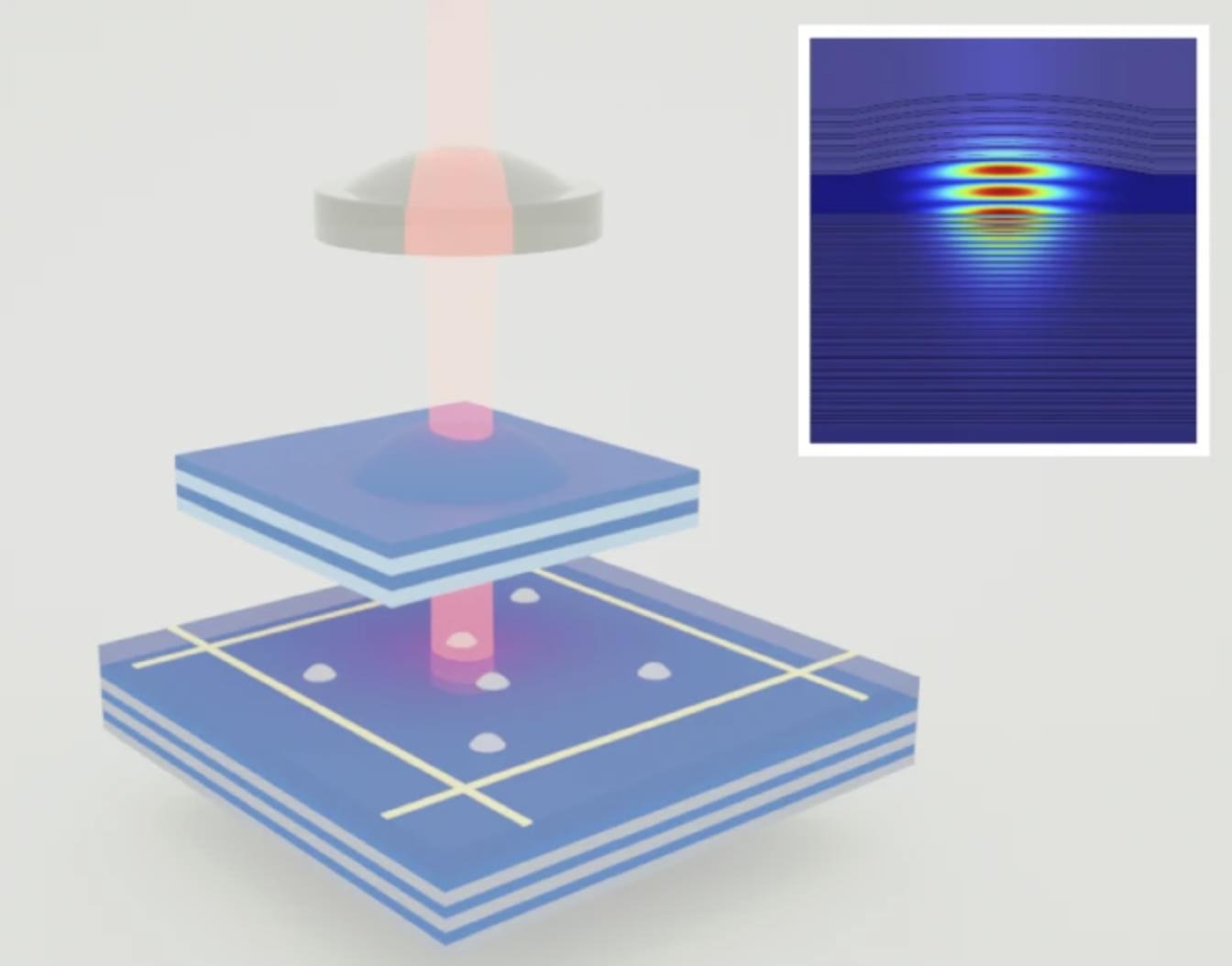
The researchers indicate that several challenges remain. The current system operates at cryogenic temperatures, which limits practical applications. While photons themselves can function at room temperature, the quantum dot requires cooling to maintain stability. Researchers are exploring alternative materials and designs that could allow operation at higher temperatures.
Additionally, the experiment used a single quantum dot, which is not easily scalable to large numbers of qubits needed for universal quantum computing. Future work will need to integrate multiple quantum dots or alternative photon sources that can be mass-produced with high consistency.
Another limitation is the reliance on superconducting detectors with an efficiency of 79%. If detection efficiency is improved beyond 93.7%, the overall system efficiency could surpass the required threshold even further. Advancements in superconducting nanowire technology suggest this is feasible in the near future.

That’s what prompted MIT engineers to create a fabric computer that can be stitched into regular clothes. The device features sensors, processors, memory, batteries, and both optical and Bluetooth communications, allowing networks of these fibers to provide sophisticated whole-body monitoring.
“Our bodies broadcast gigabytes of data through the skin every second in the form of heat, sound, biochemicals, electrical potentials, and light, all of which carry information about our activities, emotions, and health,” MIT professor Yoel Fink, who led the research, said in a press release.
“Wouldn’t it be great if we could teach clothes to capture, analyze, store, and communicate this important information in the form of valuable health and activity insights?”